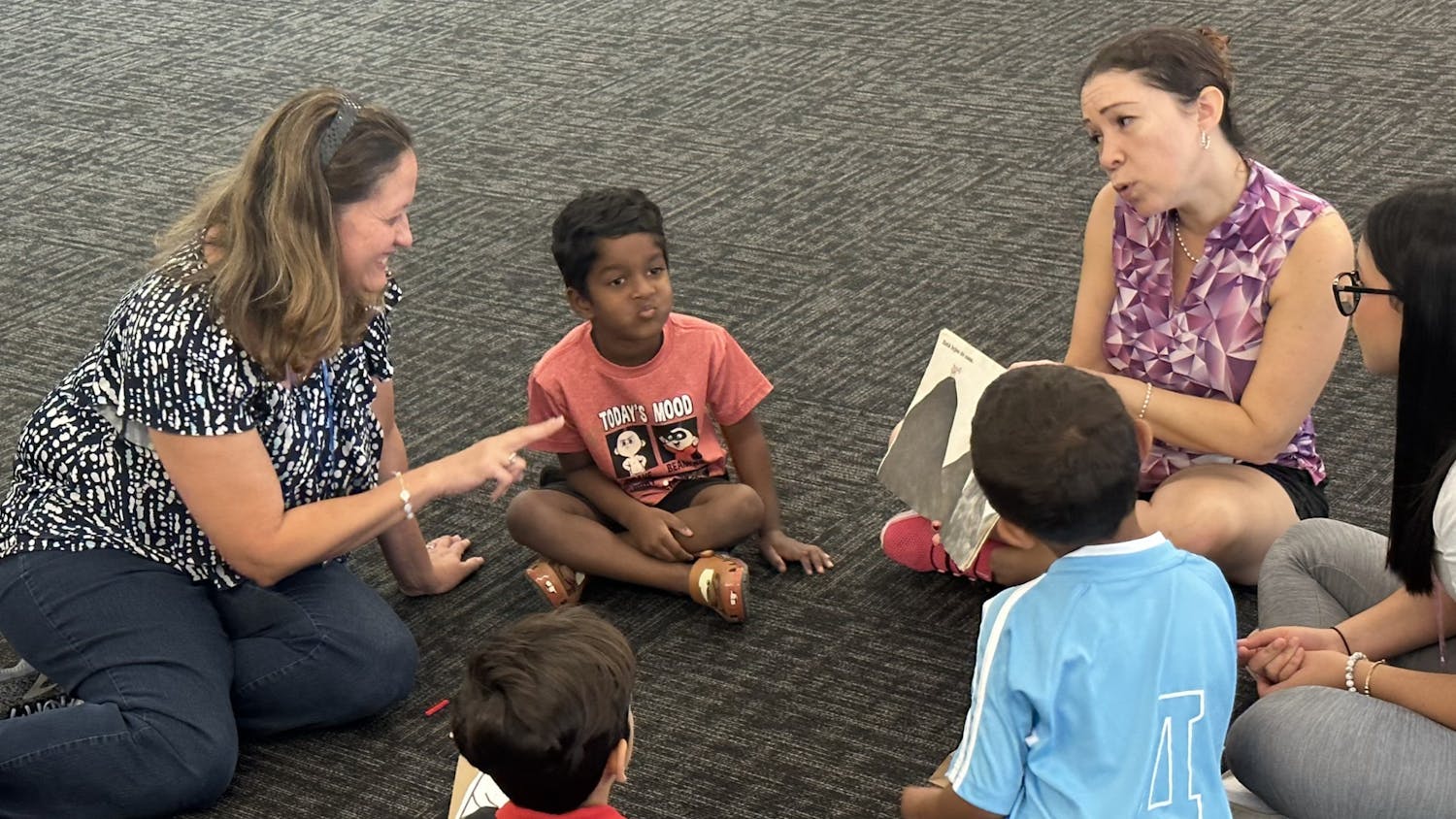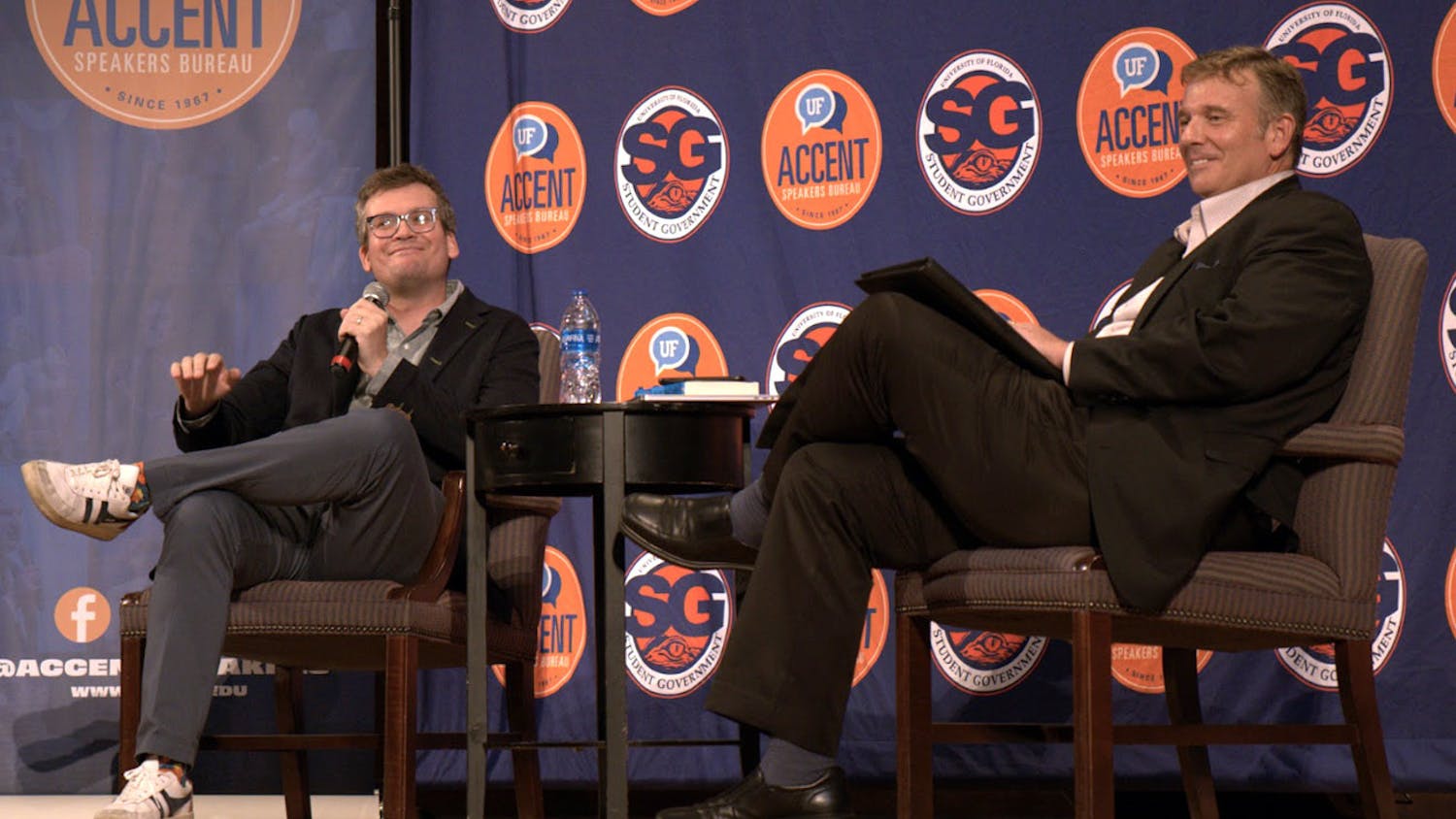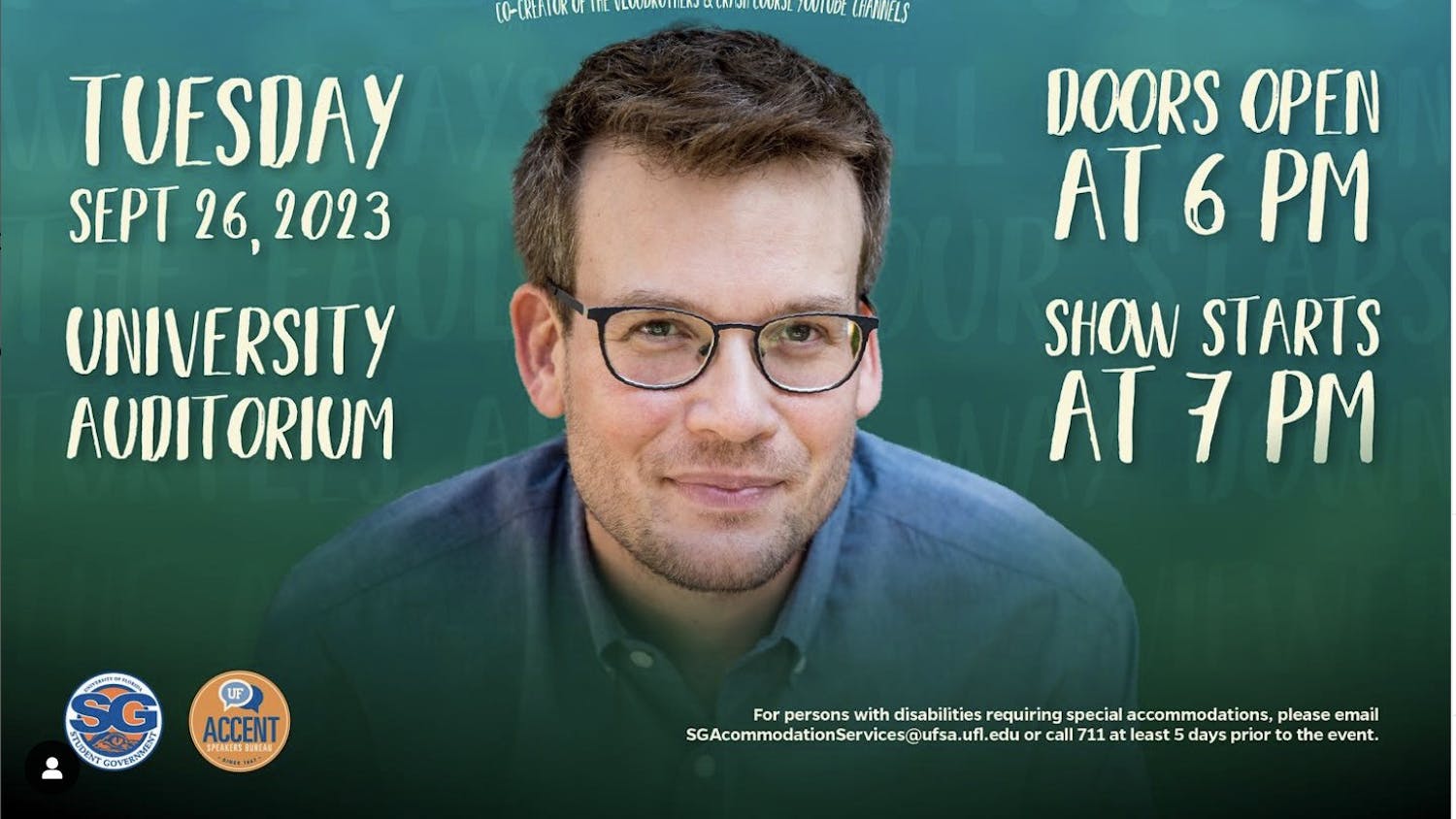A
few weeks ago, I wrote a column urging my fellow students to start reading a book that day. As a challenge to myself, I decided to read as much as I could in my spare time starting that week and see what a difference it made for me.
So far, it’s been an excellent experience. I’ve succeeded in reading a little each day, whether in short bursts while on the bus across campus or in long stretches while I procrastinate studying for my exams.
Being a literature-thirsty English major to my core, I’ve spent a lot of time recently devouring book reviews and reading articles about literature and its benefits to our society. Learning about the importance and benefits of reading makes me happy; it makes me sit back in my chair and say, with satisfaction, “It’s a good time to love books.”
There are so many books to read and so much discussion on reading, and with the technological advances of the Internet, so many new ways to discover a text — whether through reading on a tablet or finding an obscure website dedicated to one particular author’s fan base. If you like to read, the time to be alive is now; we even have a vast archive of all of Shakespeare’s works neatly compacted into a free app for the iPhone.
However, in my searching through the Internet for literature-related articles and opinions, I’ve noticed a disturbing trend that much of society seems to share: once someone gets past a certain age of adolescence, there is an expectation put upon individuals, especially college-aged students, to move past well-loved young adult books — such as fantasy series written mainly for teen audiences like “Divergent” — and instead start reading more “serious” literature.
Young adult literature and young adult authors are often seen as fluffy and unsubstantial. They are looked down upon as not being “real” literature that adults should waste their time reading.
This disdain for young adult literature is something I’ve noticed happening often in life — the activities, goals and opinions of adolescents are far more likely to be dismissed than considered important in the grand scheme of the world.
Despite society’s generally derisive view of young adult books, this genre of literature has a great deal to offer its readers, no matter their age.
The prejudice and disrespect toward the genre of young adult literature is simply ignorant.
Yes, some books written for puberty-stricken preteens are rather shallow. Frankly, some are downright trash. However, the same can be said about any genre of literature and about any art form.
The entire genre of young adult literature doesn’t deserve such a bad reputation because of its mostly vampire-themed failures.
Engaging with the complex plot and brilliantly developed characters of author Tamora Pierce’s fantasy young adult series helped me learn about maturity and responsibility. The success of author and lauded “nerdfighter” John Green comes primarily not from his popular YouTube videos but from his young-adult novels, most notably “The Fault in Our Stars.” Let’s be honest: Did anyone not cry while reading the book or watching the film adaptation?
I’m not trying to compare books like Suzanne Collins’ “The Hunger Games” series to literary masterpieces like the works of T.S. Eliot or Virginia Woolf.
In fact, I believe it is better not to compare them at all. Young adult literature is an entirely different kind of fiction from what most people consider “serious.” Young-adult books should be independently appreciated and celebrated, not degraded for their fundamentally different intentions. In fact, many adults and consumers of traditionally “serious” literature would probably benefit from reading young adult literature. Most of them would probably even enjoy it.
Young adult literature is a voice for our generation — and for every generation of youth in history.
As college students, we stand in a complicated limbo between clinging to the security of our adolescence and stepping into a fully adult world, complete with scary things like careers and health insurance benefits.
It’s up to us to remember the value of young-adult books and what they can continue to offer us even far down the road into our adult lives — the ferocious optimism of humanity’s youth and the fantastical thought hidden somewhere in your mind that anything is possible.
Sally Greider is a UF English & public relations sophomore. Her columns appear on Tuesdays.
[A version of this story ran on page 7 on 10/7/2014]





